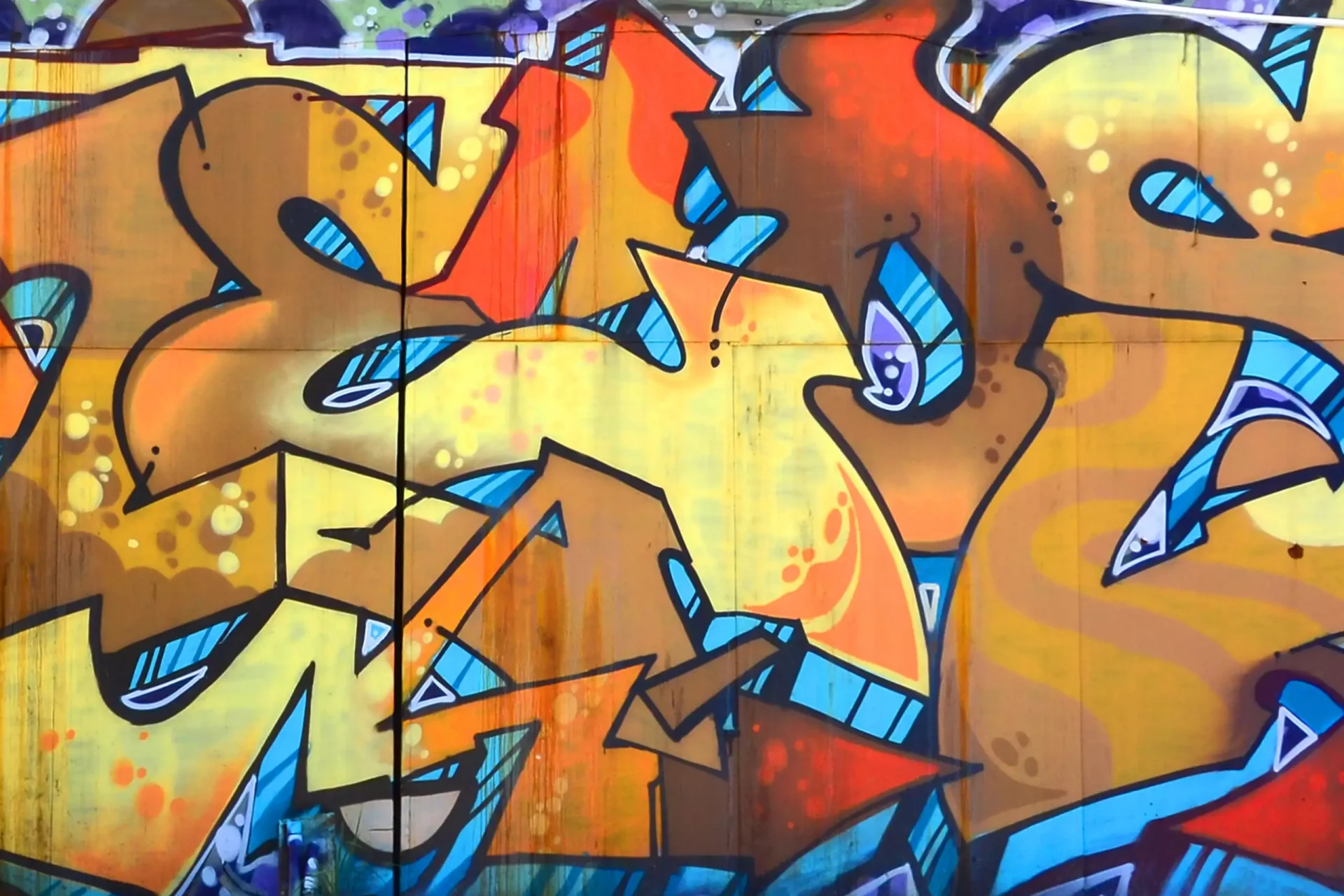Understanding Trolling
Trolling has become a prevalent phenomenon in today’s digital age, especially on social media platforms and online forums. It refers to the act of intentionally provoking or harassing others online by posting inflammatory or offensive comments to elicit strong emotional reactions or disrupt conversations.
Types of Trolls
- The Classic Troll: This type of troll enjoys stirring up trouble for the sake of it, often using insults, sarcasm, and deliberate misinformation.
- The Concern Troll: These trolls pretend to be on your side but undermine your argument with fake concern or subtle digs.
- The Gamer Troll: Seen in online gaming communities, this troll seeks to disrupt gameplay or annoy other players for amusement.
Impact of Trolling
Trolling can have serious consequences, leading to cyberbullying, harassment, and even mental health issues for the victims. Studies have shown that prolonged exposure to online trolling can increase stress levels and affect one’s well-being.
Case Study: Twitter Trolls
Twitter has been a hotbed for trolls, with many users experiencing relentless attacks on the platform. In 2017, actress Leslie Jones fell victim to a barrage of racist and sexist tweets, ultimately leading her to take a break from Twitter.
Combatting Trolling
Platforms have implemented various measures to tackle trolling, such as moderation tools, reporting systems, and automated filters. It is crucial for individuals to be mindful of their online behavior and refrain from engaging with trolls to prevent further escalation.
Conclusion
While trolling may seem harmless or even humorous to some, it can have detrimental effects on individuals and communities. By understanding the motivations behind trolling and taking steps to combat it, we can create a safer and more respectful online environment for all.


